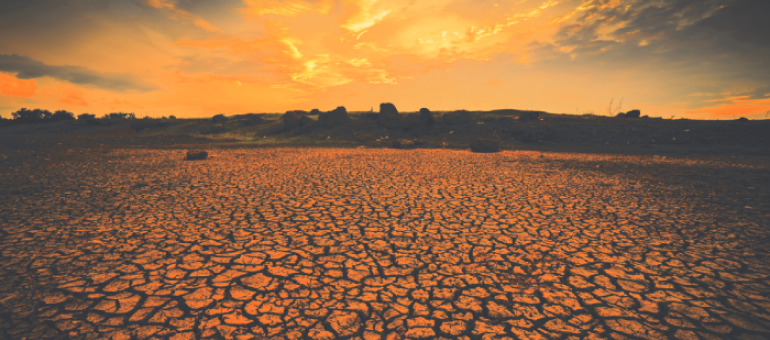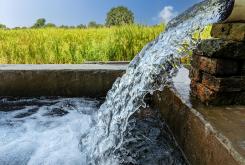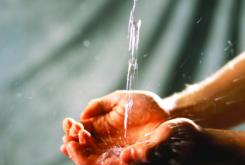What's the Solution to Increasing Global Water Scarcity?
You often hear people say that climate change and rising populations are leading to water scarcity. That’s true, but it’s only part of the story.

The vast majority of water usage in developed countries isn’t from household consumption (only 12%), but rather from agriculture, manufacturing, and other industrial activity.
The textile factory that makes your clothes, for example, uses more than 650 gallons of water to make one shirt. The cars we drive, the smartphones that connect us, the almonds we eat, and the paper we use in school all require surprising amounts of water. And these products are often made in areas facing the greatest water challenges, which means that water challenges in one part of the world have an impact in another.
By 2025, more than half of the global population will live in water stressed areas. Water scarcity poses a danger to human health, economic growth and living standards, making water scarcity both a global and local problem. However, there are political, financial, and technological solutions.
For instance, incentives to encourage the development of water reuse projects, and policies to remove or reduce barriers to adopting water reuse technology, can help advance water sustainability.
The benefits of water reuse
Water recycling is paving the way for a more resilient water supply. And it manifests itself in so many ways.
When an industrial facility uses water, it usually treats that wastewater to relevant local standards and discharges it into a local waterway. But what if that facility recycled and reused the water before finally treating and discharging it to the environment
Industrial facilities and data centers - both of which are major water users - can treat their wastewater to a quality appropriate for use as cooling tower water or boiler feedwater.
In the island city-state of Singapore, a closed loop process that recycles wastewater streams is increasingly being used in the manufacturing processes for semiconductors, which support industries vital to the entire economy.
And in southern California, partially treated municipal wastewater is being used for landscaping and agricultural irrigation. Water reuse is the single most promising solution to water scarcity, and the most sustainable strategy to fulfill our water needs.
Because, while a rising population, increased industrialization, and climate change are leading to global water scarcity, it doesn’t have to be that way. Nearly every water challenge we face has a solution that supports our way of life.
To learn more about water reuse, visit https://www.watertechnologies.com/waterreuse







